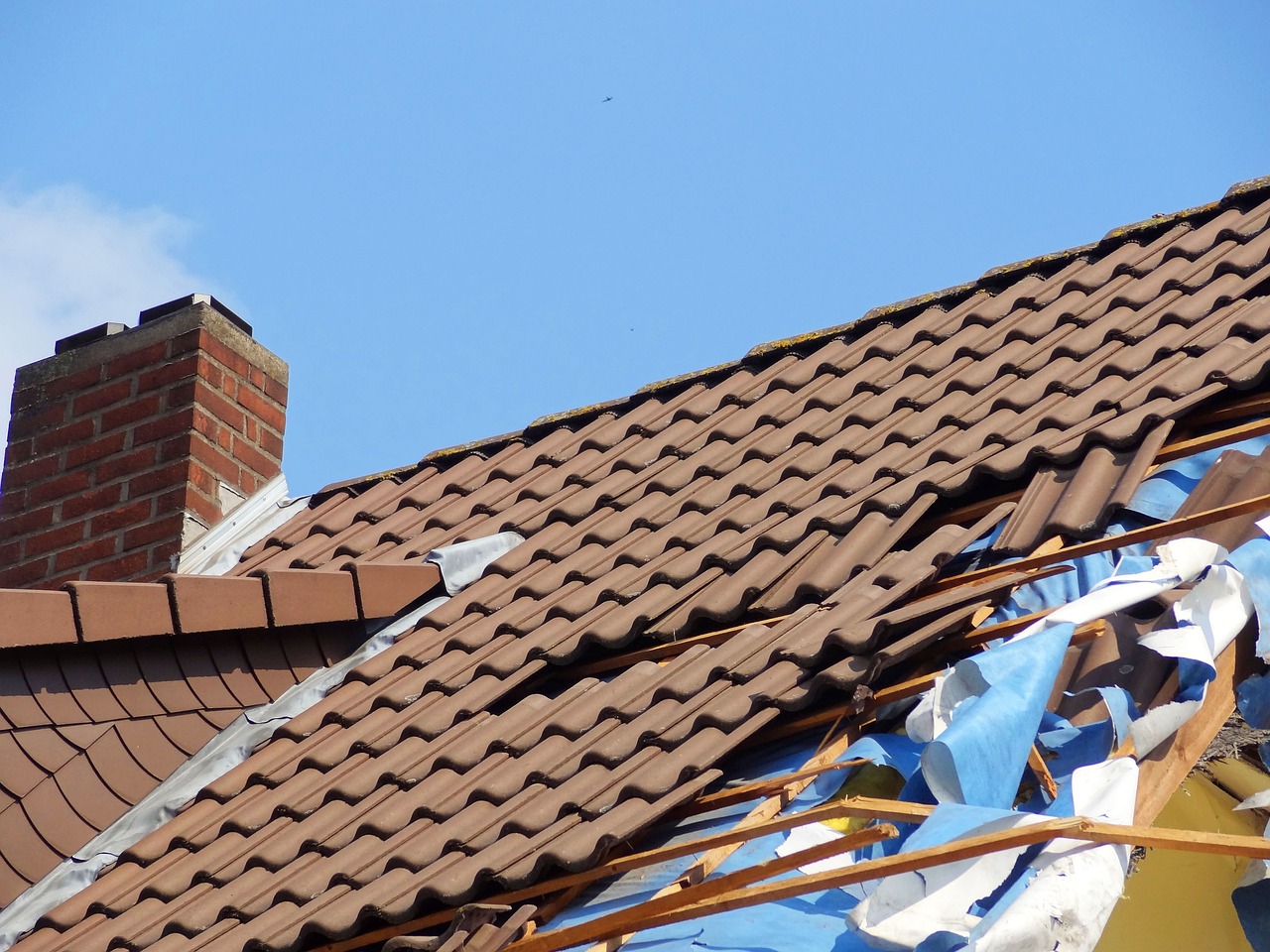What’s one of the most devastating ways homeowners or property organizations, like homeowners and condominium associations, can get property loss claims denied? Their insurers inform them they have experienced a “non-covered loss” due to improper or insufficient coverage. Policyholders need to be aware of the potential consequences of improper property insurance coverage and take steps to ensure this doesn’t happen to them.
An experienced insurance coverage attorney at Ashford DiMartino can evaluate your insurance policies and policy limits to determine if your coverage is sufficient and make recommendations if it isn’t. We can also help you fight the insurance company for damages that are due to you under your policy when claims are improperly denied or underpaid.
Mitigating the Consequences of Improper Property Insurance Coverage
Even though you pay your insurance company hundreds, maybe even thousands, of dollars every year in premium payments, it can and will deny your claim based on the fine print.
Insurance companies love writing policies. That’s why it’s so easy to work with insurers when you’re looking to purchase coverage. But, when a property owner or association experiences a property loss, your once helpful insurance company may go on the defensive. That’s because while an insurance company makes its money by selling policies, it keeps that money in its coffers by denying as many property loss claims as possible.
Continue reading to learn what you need to do to ensure your home or organization has appropriate coverage. In a second blog to follow, we’ll also explain how inadequate property insurance coverage can impact policyholders who experience damages caused by flooding or earthquakes, which are perils that most insurance companies do not cover in standard insurance policies.
Understand Your Policies, Avoid the Consequences of Improper Property Insurance Coverage
Just as you had many different floorplans to choose from when you purchased your house or condo, homeowners can choose from several different coverage options. Under what’s known as your blanket property limit, you will likely be offered the following types of coverage:
- Dwelling, which includes the enclosed structure that makes up your home’s living space;
- Other structures, such as a privacy fence, detached garage, or other declared outbuilding;
- Personal belongings, meaning all the contents in your home that aren’t nailed down or glued to the structure; and
- Loss of use, which will pay for your short-term living arrangements in the event your property loss or its required repairs make your home temporarily unhabitable.
Additionally, homeowners have the option to purchase liability insurance coverage to protect themselves financially from accidents or injuries that occur on their property to people who don’t live in the home. Your liability coverage will pay for the overall damages caused by the accident. If you elected medical payment coverage, your home insurance company will pay the injured party’s medical bills but only up to the policy’s limits.
For homeowners associations, a typical master policy covers liability (a lawsuit for an injury occurring on the property) and repairs to common areas. Coverage gets even more complicated for condominium associations, whose residents share walls and other property elements. It is also important that individual home and condo owners who reside in areas governed by an association review what coverage is provided by the association and ensure they have appropriate coverage to fill any gaps.
How Much Will Your Homeowners Insurance Company Pay if You Experience a Property Loss?
Remember, your homeowner’s insurance company might do everything possible to keep its premium money and pay as few claims as possible. This means even if it agrees you have a covered loss, your insurance company is going to try to write a small check.
Approved claims are paid based on the coverage type you selected when you purchased your policy. These can include any of the following:
- Replacement cost, which means the insurance company will pay the cost to replace the damage;
- Actual cash value, which means the insurance company will pay the cash equivalent of your damaged property, minus depreciation; and
- Extended replacement costs, which means the insurance company will pay more than your coverage limit in the event inflation has caused building costs to go up. Typically, the extended replacement cost is maxed out at 25 percent.
The Consequences of Improper Property Insurance Coverage Limits
It’s important to note that choosing an insurance coverage option doesn’t give you carte blanche. You also need to be aware of what can happen when property damage exceeds insurance coverage limits. Every coverage option has an associated dollar limit—the maximum amount your home insurance company will pay in the event you experience a covered property loss.
What does this mean? In short, if your home burns down, your homeowner’s insurance company will only pay up to the dwelling coverage limit to rebuild it—and not a single penny more. This is why evaluating your coverage limits every year when you renew your policy is very important.
If your insurer claims your property damage exceeds insurance coverage limits included in your policy, an insurance coverage attorney can review your policy to determine if that is the case or not.
An Insurance Coverage Attorney to Evaluate Your Policies
A thorough and professional evaluation of your insurance policies can help you avoid the consequences of improper property insurance coverage. At Ashford DiMartino, our insurance coverage attorneys help policyholders in Indiana, Illinois, Florida, and across the country determine if their insurance is adequate. We also fight for policyholders’ rights when claims are wrongfully denied. Reach out to schedule a consultation by calling (219) 728-5210 or completing our online contact form.
